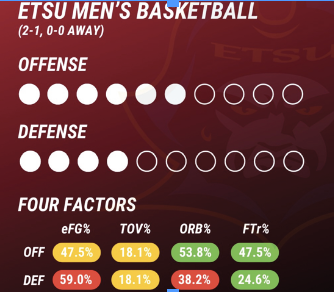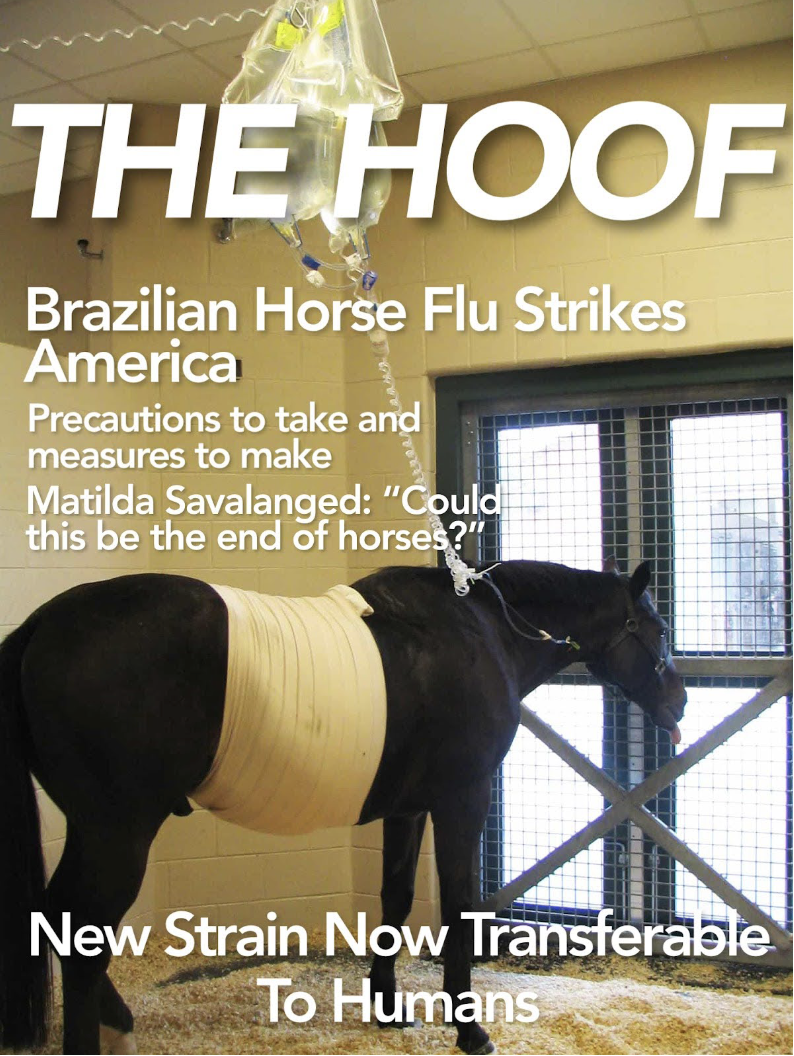As the Brazilian Horse Flu travels through Northern America, horse owners are beginning to panic. The Brazilian Horse Flu is a type of equine influenza that leaves 93.4% of its victims deceased. The Brazilian Horse Flu—BHF for short—originated in southern Brazil and since then has been steadily spreading throughout the Americas.
This strain of influenza is rather slow and begins to present symptoms after around three weeks. It predominantly targets the nasal and digestive systems. After three weeks, one could expect to find thick mucus in the back of their horses’ throats. With the mucous membranes having been infiltrated by the BHF, a special type of mucus is formed called macydonic fluid, which will rapidly coat the horse’s throat and block its airways.
The BHF is deadly due to the fact that it lays malignant until fully prepared to strike. Special proteins in the cell membrane dictate whether or not it is prepared. Vaccination trials have been running since mid-2024 with little success. However, it’s predicted that around 86% of the equine population will be killed by the time a proper vaccine is available.
Isolating your horses is a viable option, but as social animals, the horses will develop depression and die. In addition, after COVID-19, our economy has quickly slowed to a halt and owners who earn a living through their horses, such as through shows or races, will face harsh monetary losses if said owners choose the safest option: isolation.
What to look for when diagnosing the Brazilian Horse Flu:
Loss of appetite
Deep, dry cough
Nasal discharge
Lethargy
Enlarged lymph nodes
Individuals and recreational horse owners are not the only ones afflicted by the BHF, as Elmer’s Products, Inc. shareholders express their concern over the disease. Elmer’s parent company, Newell Brands Inc., has seen stocks fall 22.56% since March of 2024, when BHF migrated to the United States. This is largely due to glue production coming to a standstill as more horses are infected and become ineligible for the boiling process used to create glue.
As the bird flu devastates the price of eggs, the Brazilian Horse Flu ravages the other end of the market, creating a global concern for the price of everyday consumer items.
So, is your horse safe?
Written by Laxerxes Tarp, Editor and Equine Consultant at The Hoof for Davidson’s The Yowl



























